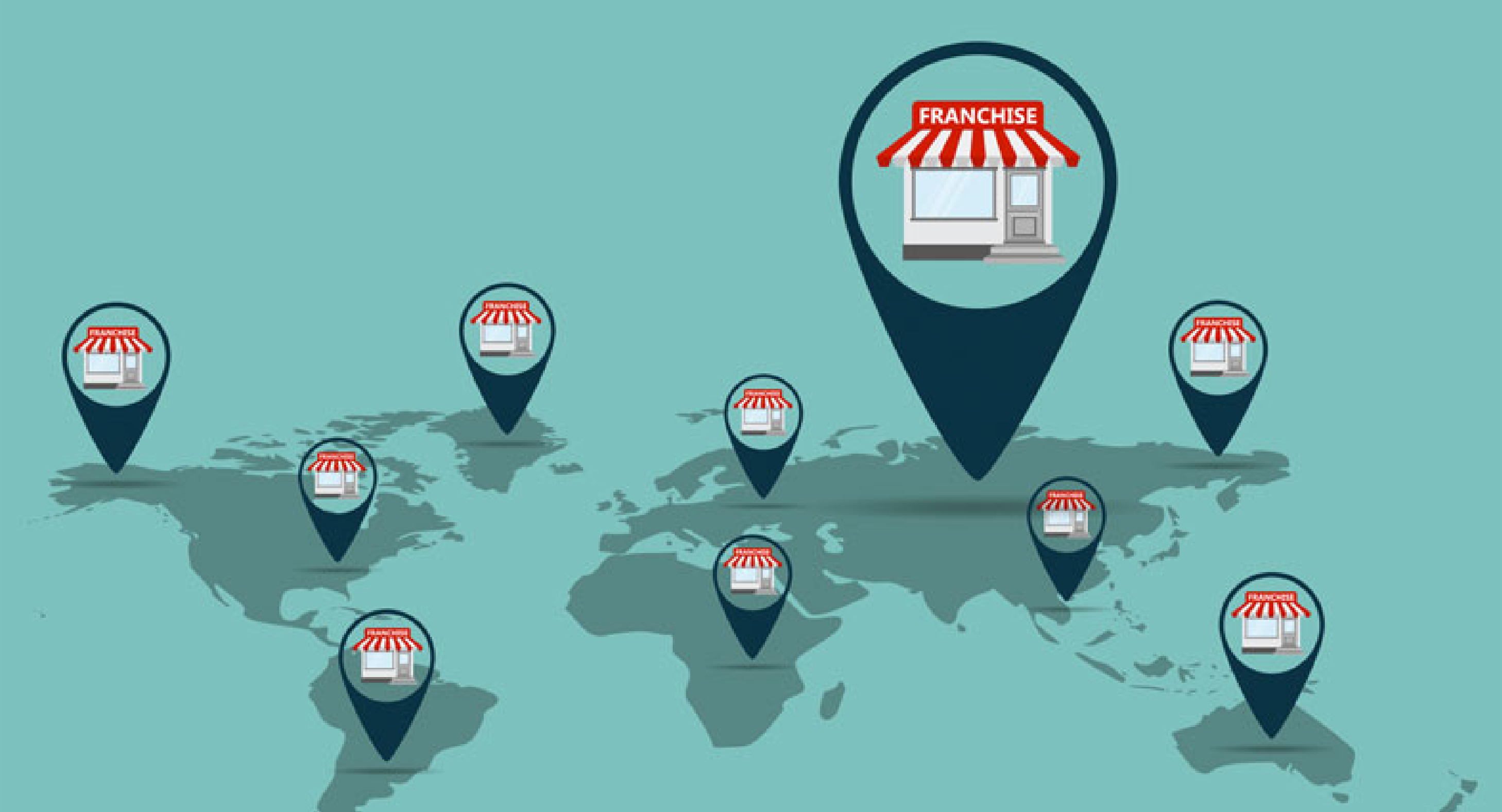Opening a franchise is an excellent way to become a business owner, but it is by no means foolproof. As a franchisee, you have to have your head clear and your emotions in check. There are vital decisions that you need to make and this requires you to ask the right questions of your potential franchisor. These smart questions will empower you to see any red flags and make smart strategic decisions as you embark on one of the most important journeys in your professional life. So, what are the tough questions you need to be asking yourself and the franchisor?
1. What are the pros of owning a franchise?
Higher chance of success
A franchise is linked to a brand name that has a proven track record. This is a huge plus! They already have goods on the market that have been tried and tested and have all the systems in place to make sure things work well. You won't have to work as hard to get new customers or convert as many as you would if you were starting a brand that no one knows about. In this way, franchises are great for entrepreneurs who don't want to put everything on the line to start their own business because they have less risk.
Lots of support
Another great thing about having a franchise is that you get a lot of help getting your business up and running. On top of that, you will get ongoing advice and help with running your business. In the same way, when you buy a franchise, you get all the tools, supplies, and training you need to start your own business. Most of the time, this will cost less because the franchiser will have better deals with sellers for buying in bulk, which will also help.
2. What are the cons of owning a franchise?
Not much room to change
One thing that makes franchisees very frustrated is that they don't have much freedom to make their own decisions. People who like to think outside the box and try new ways to run a business may find this very limiting. One reason franchisors are often so strict is that they have to build the main brand, which means that both the branding and the processes have to be in line with each other. Therefore, their existing rules about how you should run your business are going to be very strict, with very little room for experimentation.
Fees
Sometimes it costs a lot to buy a franchise at first, especially if it's a well-known brand. You are likely going to need money for a loan as well as working capital to spend on the business. The licence fees you pay the company are one of the biggest costs you'll have to pay every month. At least 80% of the time, this is based on how much money your business brings on a monthly basis.
3. What does the owner say when I ask them tough questions?
When you find a group of like minded entrepreneurs, it can be very exciting. Often, this makes you feel hopeful, which can then make it difficult to keep a clear head when making decisions. In spite of this, it's important to ask the owners tough questions and then carefully watch how they respond. It is your responsibility to take a step back and really understand who you are getting into business with and what you are taking on. Some important questions to ask are: what is the bottom of the unit performance bell curve? How does the franchisor approach under-performers? Are breakdowns in the system the exception or the norm? With questions like these on the table, the next thing you should look at is how enthusiastic is franchise management about helping franchisees make more money. Are they helping their network find ways to grow? To make sure you fully understand the scope of their responses, look for proof to back up what they're saying, and try to talk to as many owners as you can to compare their opinions.
You also need to tune into how the franchisor responds to your questions. Are they open with you, or do their responses give you a bad feeling? Here, you are not only assessing the risk of the business, but you are also finding evidence of healthy franchisee-franchisor relationships where there is a good open dialogue and clear communication channels. Remember, you will be working with these people ongoing, and it's important that there is honesty and clarity between both parties.
4. What is more important: selling units or opening units?
When people are looking to buy a franchise, the speed at which new units are sold is often used as an example to ascertain success. But making money long-term in a business is much more important than just opening one. In this way, making money should always be more important than the number of units sold. When you open a franchise with a good roll-out plan, there are a number of factors that ensure its success. This will be done by helping the new company get started by giving them on-site training and other kinds of help. What you want to avoid is going in without a clear plan. The risk here is that you will get stuck in the start-up phase. So make sure you ask a lot of existing franchisees what their experience has been like. It's important to prepare yourself, and this is a good way to avoid any nasty surprises. Also, ask existing franchisees what they would have done differently if they had known then what they know now. This, again, will prepare you for what’s to come.
5. What motivates their influencers?
The strongest franchises have a wide network of influences. These are people who are loyal to the brand and who recommend them to others in wider networks. Make sure you have a clear picture of what influencers are currently in play and how it all works. Is it purely word of mouth, are they being paid, is there training in place? Always keep in mind that other franchisees will give you the best advice. But even this group of people should be treated with a fair dose of suspicion. They may be incentivised, or their comments may be biased. Because of this, you should talk to a lot of different owners. Get to know them, trust your gut, and don't be afraid to ask even more uncomfortable questions.
The bottom line
Buying a franchise is a huge investment. There are many pros and cons, but this may well be an opportunity you want to embrace. Always maintain a healthy dose of scepticism, and remember that asking tough questions up front is important. This will help you decide whether or not you want to go into the business, even if you don't like the answers. But at least in this case, you will then have a good sense of what's coming and what you are taking on long term. Preparing you mentally and practically to grow a highly successful franchise.


